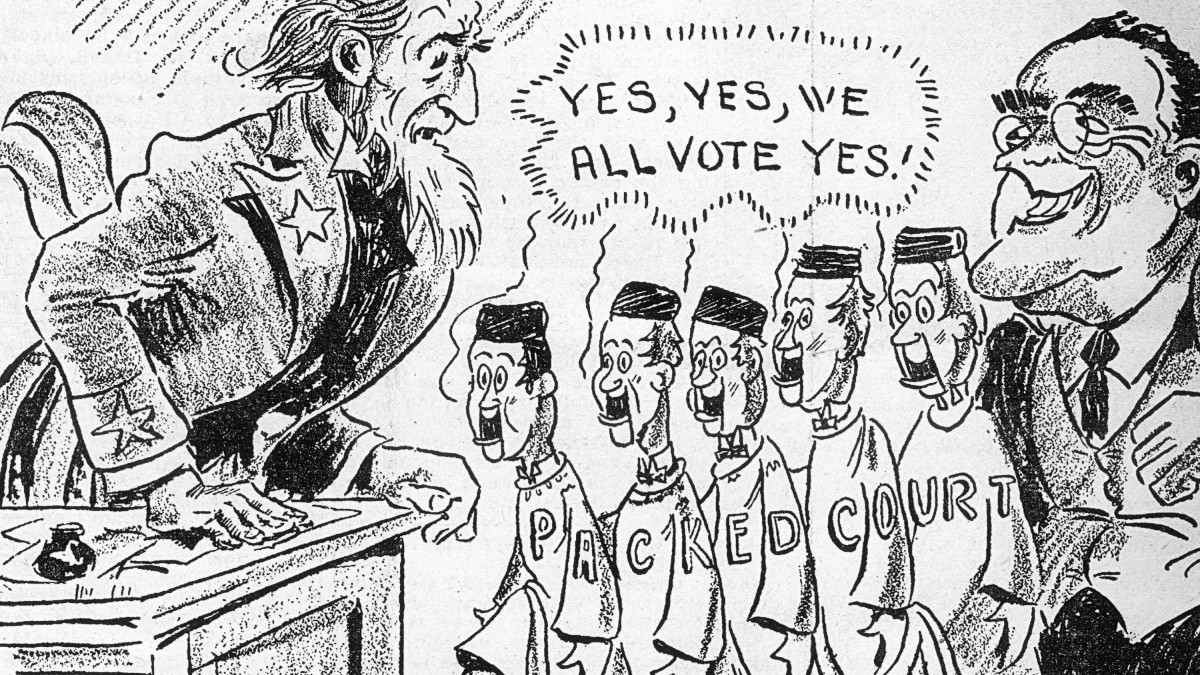Do Judges Make Law?
The Constitutional Convention
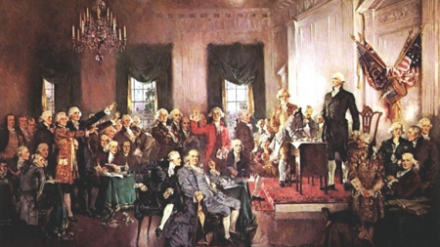
We all know that the rule of law governs nearly every aspect of our lives, for example:
- driving a vehicle
- marriage, family, and divorce
- employment
- crime and safety
- and, yes, the air we breathe.
While knowing how the law applies to us is critical, it is imperative to understand how laws are made. When we get the question “who makes the law,” we often answer quickly “Congress” or “the legislative branch of government.” What we often forget is that each of the three branches of government has the power to create law.
Pursuant to Article I of the Constitution of the United States there is Congress, at the federal level, with enumerated powers to draft and implement federal statutes. At the state level, we have state legislatures, which create statutes for respective residents of the state. We then understand that we are subject to both federal law and state law.
Article II of the Constitution of the United States provides for an executive, the president, who has his own set of powers. Some legal analysts, including judges, believe that there is an implied authority in the presidency to create law. The president of the United States has the authority to write and issue executive orders (as do state governors), some by inference, some by explicit authority by Congress, some by judicial interpretation.
Since our federal government has greatly expanded in recent decades, most significantly with federal agencies, it can be said that we live in an “administrative nation,” essentially, with a fourth branch of government. Federal agencies make their own regulations, wherein Congress has transferred authority for the federal agency to do so.
Now, what about the judiciary branch? Do judges make law? The answer is "yes." We can argue all day about the whether there should be judicial restraint (that is that judges should not make law), but the fact of the matter is that judges have the authority to do so, at least for more than 200 years.
Chief Justice John Marshall
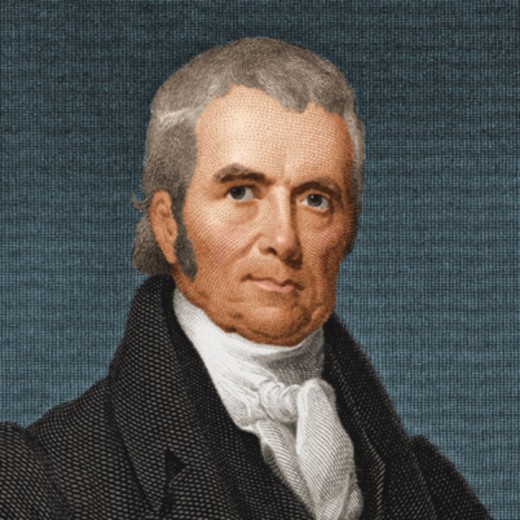
When judges make decisions, it is known as case law.
We have statutes, administrative law, and case law. Case law (also known as common law) is created by the court system; and while we generally know the purpose of the judiciary is to interpret law, the Supreme Court of the United States took the opportunity during the early years of American government to assert its authority and establish the judiciary as an equal branch of government. It is known as judicial review.
Judicial review is the “power of courts to review decisions of another department, or level of government.” (Black’s Law Dictionary). It was established in the case Marbury v. Madison in 1803. Chief Justice Marshall wrote the opinion of the Court, standing for the position that judicial review is a necessary inference from the fact of a written Constitution (Constitutional Law, 5th Ed.):
It is emphatically the province and duty of the judicial department to say what the law is. Those who apply the rule to particular cases, must of necessity expound and interpret that rule. If two laws conflict with each other, the courts must decide on the operation of each.
So, if a law be in opposition to the Constitution; if both the law and the constitution apply to a particular case, so that the court must either decide that case conformably to the law, disregarding the constitution; or conformably to the constitution, disregarding the law; the court must determine which of these conflicting rules governs the case. This is the very essence of judicial duty. (Bold and italics added for emphasis.).
For one moment, we can return to the issue of whether there is a need for more judicial restraint. Theoretically, the legislative branch of government can write new law or revise old law, which would override the judiciary opinion. For example, Congress could have convened following the decision in Marbury v. Madison to change the Constitution and revise the organization of the Supreme Court or limit the Court's authority explicitly. But since its signing in 1787, and despite numerous amendments, the Constitution of the United States remains unchanged regarding the authority of the Court as follows in Article III:
"Sec. 1. The judicial power of the United States, shall be vested in one Supreme Court, and in such inferior courts as the Congress may from time to time ordain and establish. The judges, both of the supreme and inferior courts, shall hold their offices during good behaviour, and shall, at stated times, receive for their services, a compensation, which shall not be diminished during their continuance in office.Sec. 2. The judicial power shall extend to all cases, in law and equity, arising under this Constitution, the laws of the United States, and treaties made, or which shall be made, under their authority;--to all cases affecting ambassadors, other public ministers and consuls;--to all cases of admiralty and maritime jurisdiction;--to controversies to which the United States shall be a party;--to controversies between two or more states;--between a state and citizens of another state; --between citizens of different states;--between citizens of the same state claiming lands under grants of different states, and between a state, or the citizens thereof, and foreign states, citizens or subjects.
In all cases affecting ambassadors, other public ministers and consuls, and those in which a state shall be party, the Supreme Court shall have original jurisdiction. In all the other cases before mentioned, the Supreme Court shall have appellate jurisdiction, both as to law and fact, with such exceptions, and under such regulations as the Congress shall make.
The trial of all crimes, except in cases of impeachment, shall be by jury; and such trial shall be held in the state where the said crimes shall have been committed; but when not committed within any state, the trial shall be at such place or places as the Congress may by law have directed.
Sec. 3. Treason against the United States, shall consist only in levying war against them, or in adhering to their enemies, giving them aid and comfort. No person shall be convicted of treason unless on the testimony of two witnesses to the same overt act, or on confession in open court.
The Congress shall have power to declare the punishment of treason, but no attainder of treason shall work corruption of blood, or forfeiture except during the life of the person attainted."
Make no mistake, case law is the law. When attorneys take cases to court, they will argue case law that is favorable to their client's position.
Share your opinion
Do you think judges should use more restraint in their decisions or hearing cases?
Examples of Case Law
Case law is the total body of cases creating a body of jurisprudence (the law) on a particular subject distinct from statutes and other sources of law. These cases interpret statutes, regulations, and constitutional provisions. (Black’s Law Dictionary). New interpretations of the law are known as "precedents."
Landmark cases provide such examples:
- Brown v. Board of Education of Topeka struck down the “separate but equal” laws of a multitude of states as unconstitutional
- Roe v. Wade and Griswold v. Connecticut established rights to privacy, which were not explicitly provided for in the U.S. Constitution.
Just because the judiciary has made a decision does not necessarily mean that case law is binding for all time. The Court, in its infinite wisdom, has been known to overturn itself; however, in the interest of maintaining consistency (known as stare decisis), it rarely will do so. The case of Brown v. Board of Education of Topeka is a prime example of the Supreme Court overturning itself. Brown reversed the decision of Plessy v. Ferguson, which allowed for racial segregation (Jim Crow laws) to continue in America.
Read Justice Harlan's dissenting opinion in Plessy.
- Plessy v. Ferguson, 163 U.S. 537 (1896)
"There is no caste here. Our Constitution is color-blind, and neither knows nor tolerates classes among citizens. In respect of civil rights, all citizens are equal before the law. The humblest is the peer of the most powerful."
All branches of American government make law.
Each branch of government makes laws; and so, through the courts, do judges with their decisions and opinions in legal cases presented to them. Even dissenting opinions in a case can be used to create precedent in following cases. Consider if this was not possible. If Associate Justice John Marshall Harlan had not dissented in the Plessy case, there would be less room to argue that racial segregation had no place in American life. The importance of judicial opinion is that it allows for the representation of changing values and mores to redirect the law.
In the courtroom, it is not enough to know what the statute says, it is critical for an attorney to demonstrate how the statutes have been interpreted in other courts, particularly, higher courts with greater authority. When the attorney presents relevant and persuasive case law, it can be the key to winning the legal battle.
Special thanks to Kay70flow for inspiring this hub.
Works Cited
Black, Henry Campbell. Black's Law Dictionary, Abridged 7th Ed. West Publishing. 1991.
Brown v. Board of Education of Topeka, 347 U.S. 483 (1954).
Constitution of the United States (1787).
Griswold v. Connecticut, 381 U.S 479 (1965).
Marbury v. Madison, 5 U.S. 137 (1803).
Plessy v. Ferguson, 163 U.S. 537 (1896).
Roe v. Wade, 410 U.S. 113 (1973).
Stone, Geoffrey R., Louis Michael Seidman, et al. Constitutional Law, 5th Ed. Aspen Publishers. 2005.
By Liza Lugo, J.D.
(c) 2012, Revised 2014. All Rights Reserved.
Ms. Lugo retains exclusive copyright and publishing rights to all of her articles and photos by her located on Hub Pages. Portions of articles or entire content of any of these articles may not be used without the author's express written consent.Persons plagiarizing or using content without authorization may be subject to legal action. The articles by Ms. Lugo regarding legal issues are purely academic in nature and do not constitute legal advice. For advice on legal matters, consult a licensed attorney in your jurisdiction.
Revised edition published on January 2, 2015. Latest corrections and edits made on February 23, 2015.
Permission requests may be submitted to liza@lizalugojd.com


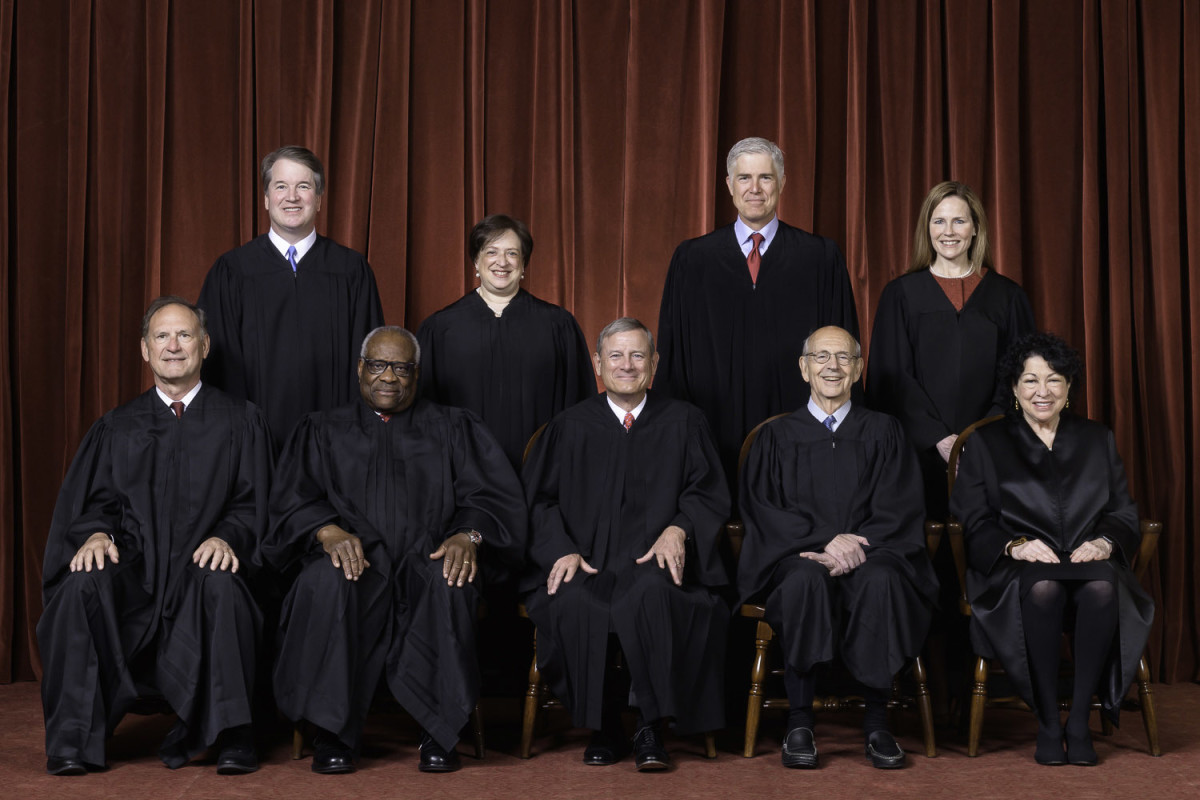
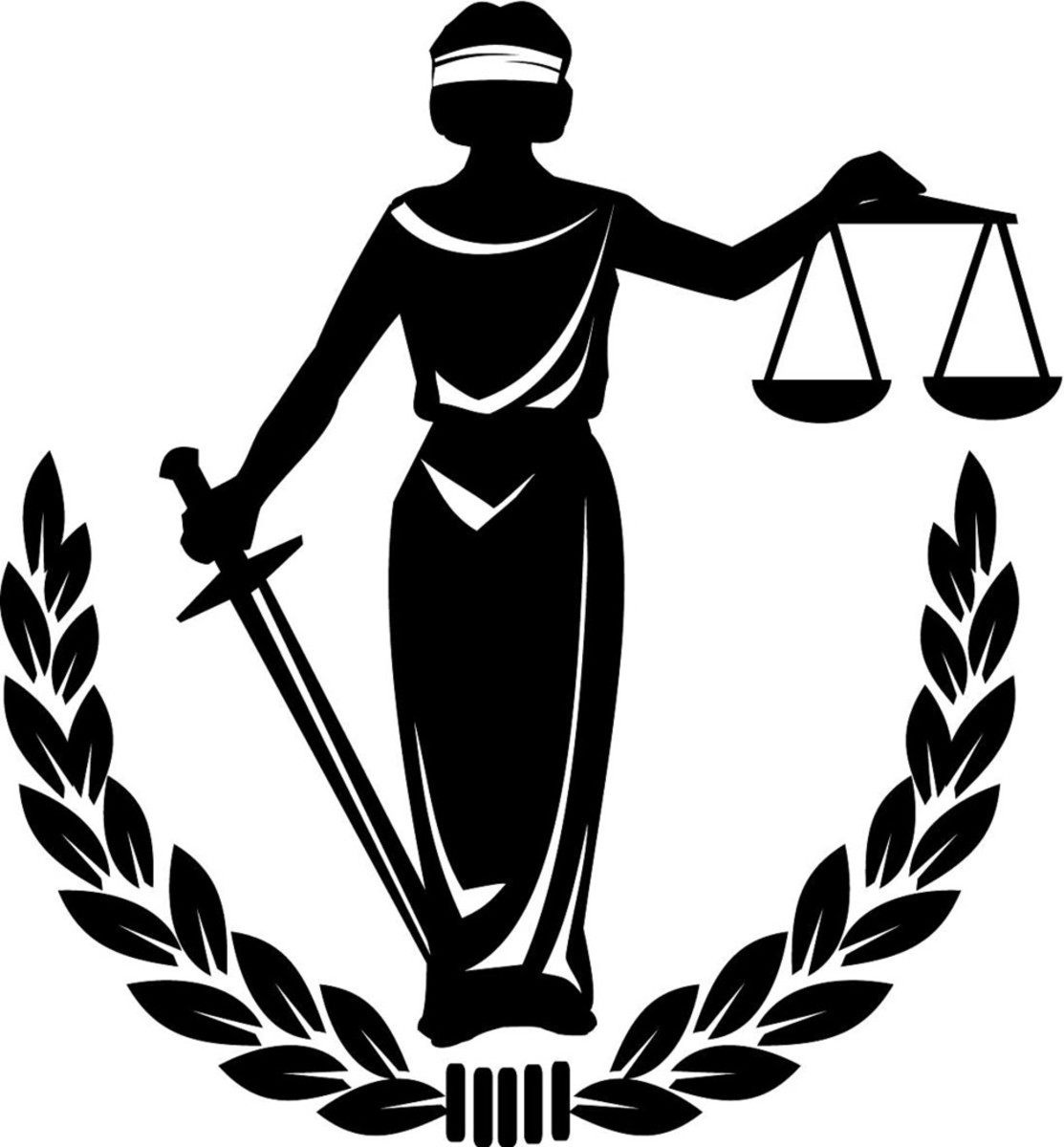
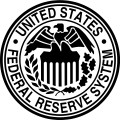
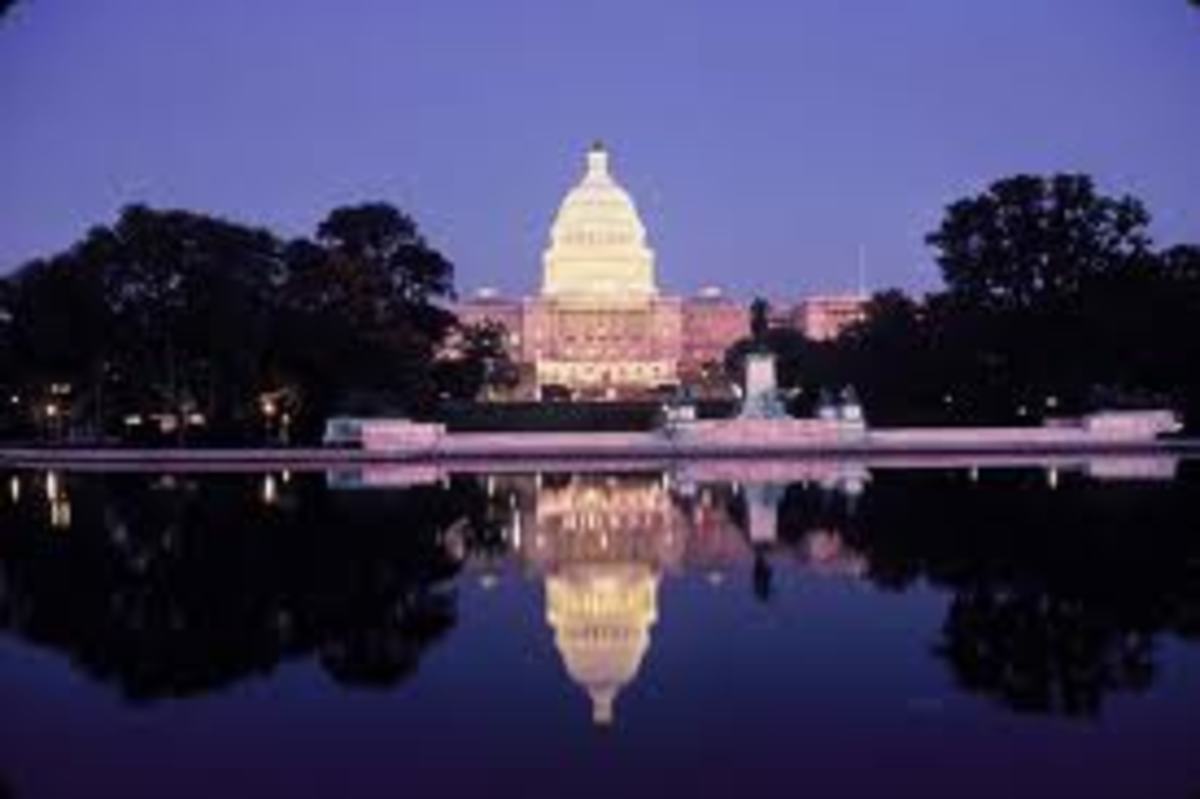


![Gun Rights: Not All Firearms Are Constitutionally Protected As Some Would Have You Believe. [278*3]](https://usercontent2.hubstatic.com/12935107_f120.jpg)
